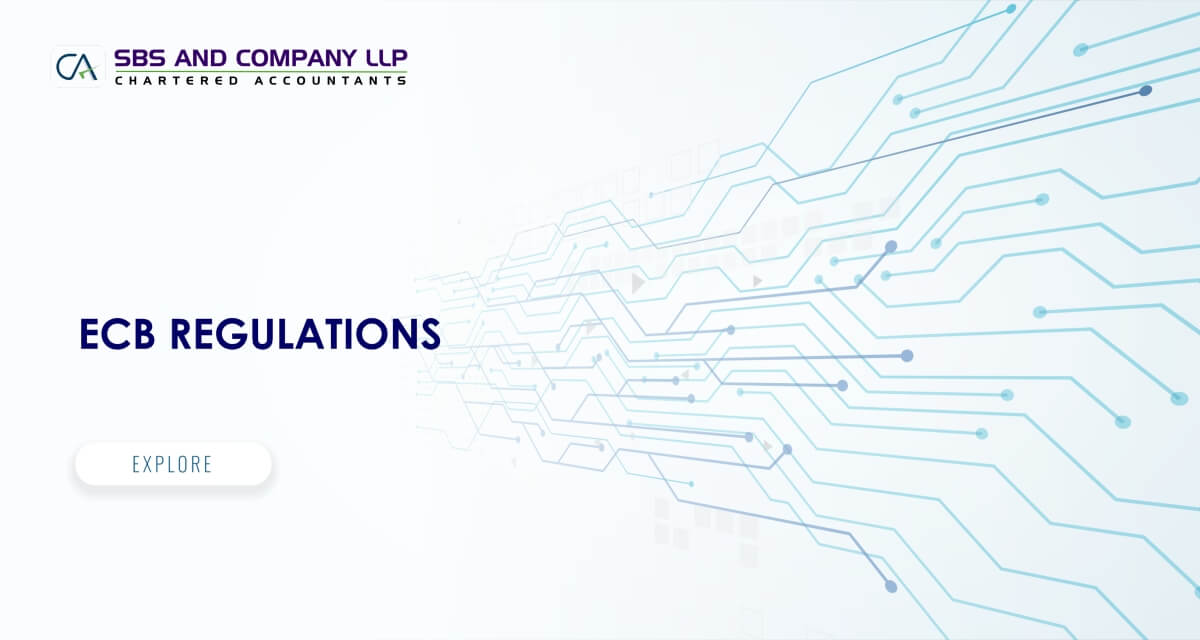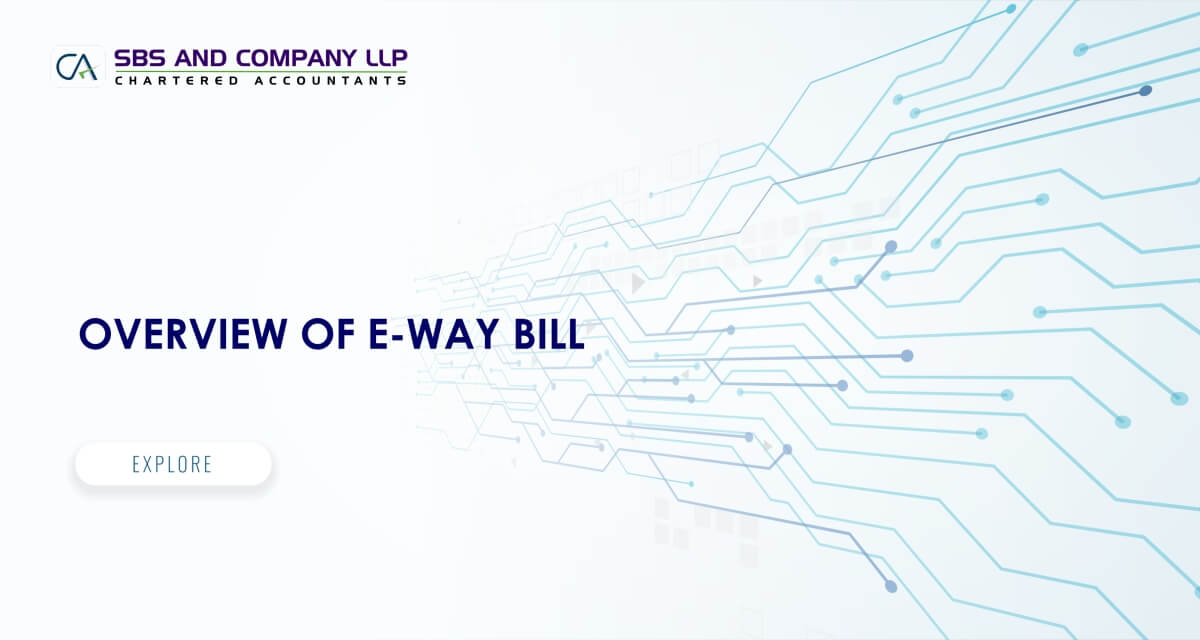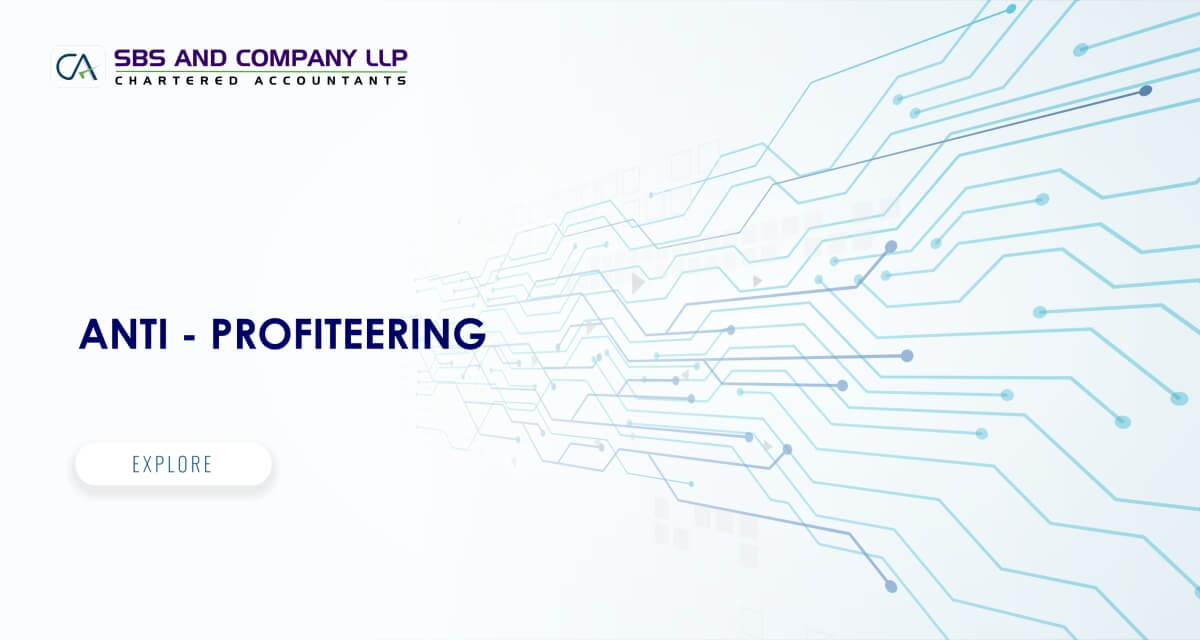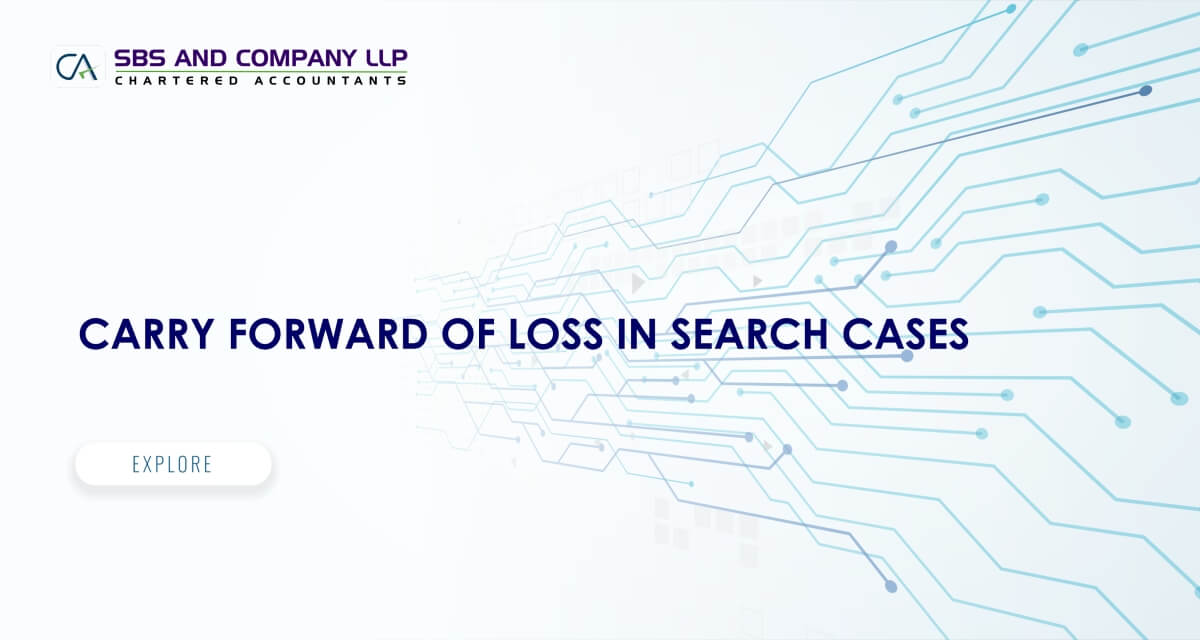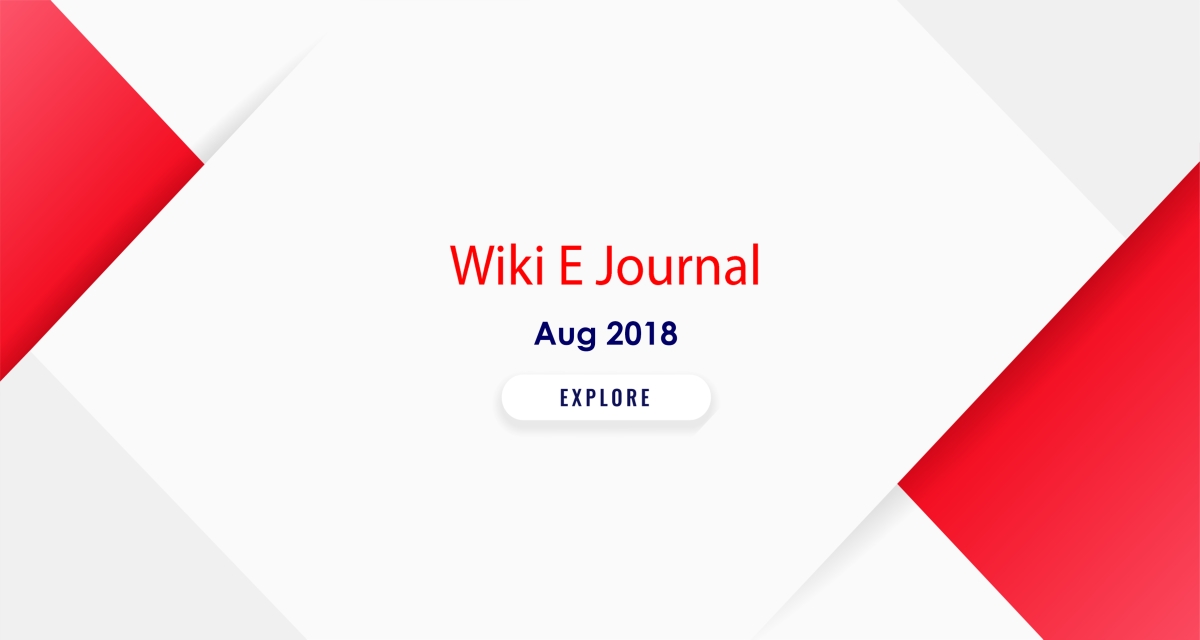Late Submission Fee (LSF)
|
Amount involved in reporting (in Rs.) |
Late Submission Fee (LSF) as % of amount involved * |
Maximum amount of LSF applicable |
|
Up to 10 million |
0.05 percent |
Rs.1 million or 300% of the amount involved, whichever is lower |
|
More than 10 million |
0.15 percent |
Rs.10 million or 300% of the amount involved, whichever is lower |
|
* The % of LSF will be doubled every twelve months |
||
EXTERNAL COMMERCIAL BORROWINGS (ECB)


